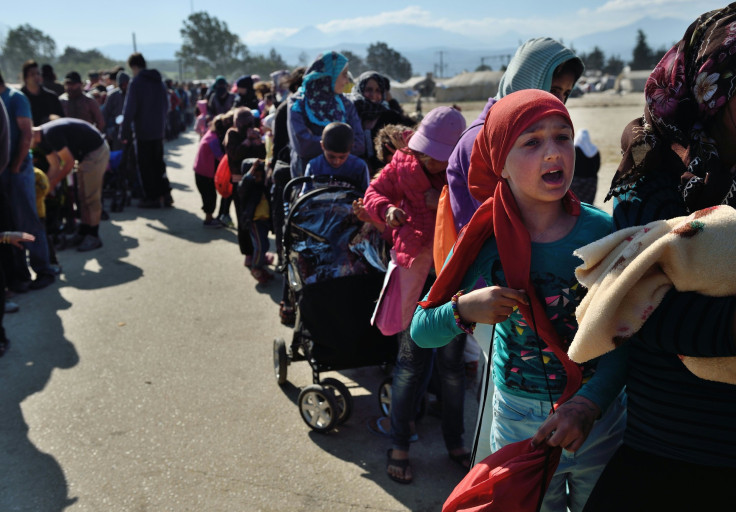Syrian Refugee Crisis: 57 To Arrive In Northern Ireland As A Part Of UK Resettlement Plan

Communities in Northern Ireland will be welcoming nearly five dozen new members when the next wave of Syrian refugees to be sent to the region arrive to start their new lives Thursday. In all, 57 people, including 14 families and 20 children who have fled violence and civil war in their home country, will make the move.
The youngest of the refugees is 2 years old, and the oldest of them are in their mid-50s, according to the BBC. Some of the adults are said to have a university-level education, and all of them have gone through a screening process developed to handle the influx of 20,000 or so refugees who are expected to be relocated into the United Kingdom over the next five years.
Under the so-called Vulnerable Persons Relocation Scheme, refugees complete paperwork and are sorted based on several criteria for prioritization. Women and children at risk, and people who are in need of medical attention, as well as survivors of torture or violence, are prioritized. From there, they endure a two-step screening process before being settled, at which time they have access to housing, medical care, education and work opportunities. Refugees in the UK are given five years of humanitarian protection, which includes public funds, access to jobs and the potential for family reunification.
The refugee crisis sparked by the Syrian civil war has been deemed the “biggest humanitarian emergency of our era” by the United Nations and has affected at least 13.5 million Syrians, according to WorldVision.org. Of those 13.5 million Syrians in need of humanitarian assistance, at least 4.6 million are refugees and another 6.6 million have been displaced internally within Syria. About half of those people are children, who have an increased chance of becoming sick. Most of the refugees can be found in Turkey, Lebanon, Jordan, Iraq and Egypt, and about 10 percent are in Europe.
© Copyright IBTimes 2024. All rights reserved.






















